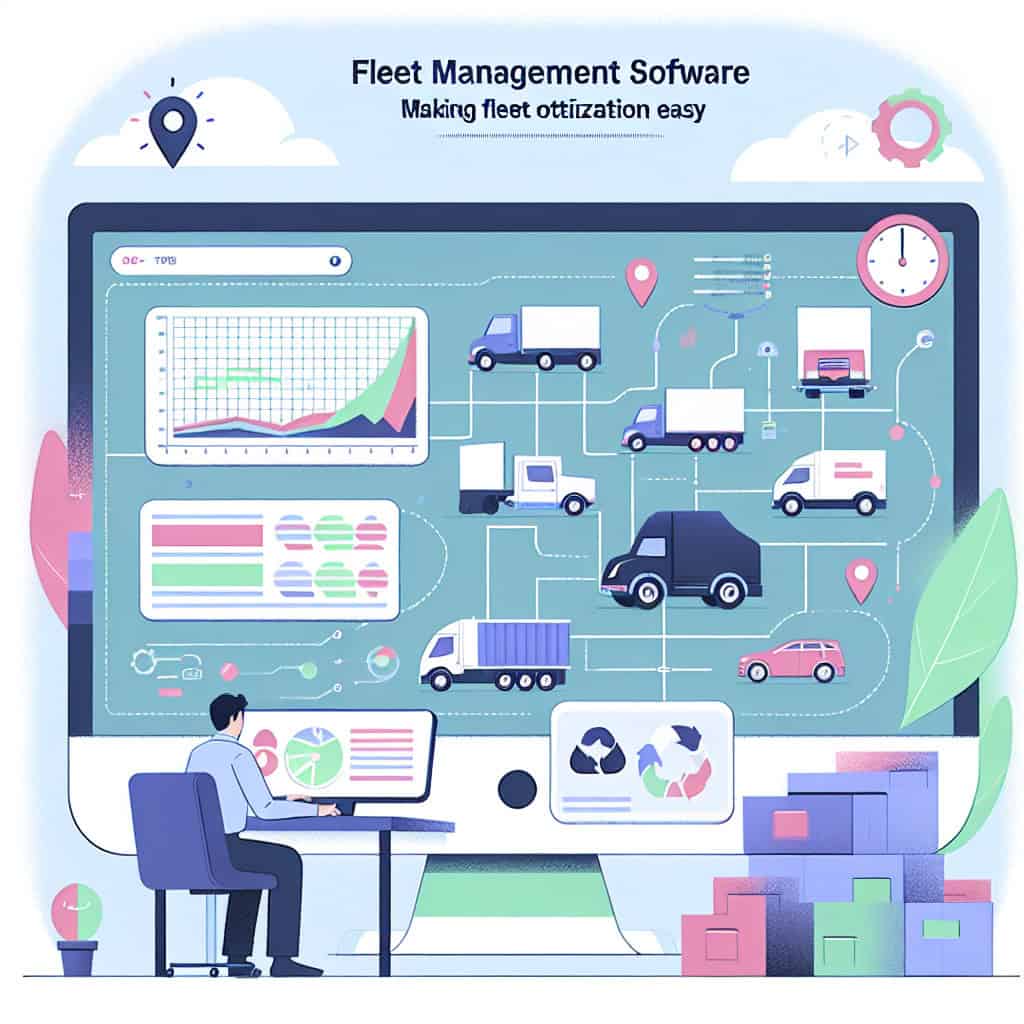Fleet management software: fleet optimisation made easy
In the digitalised world, managing a fleet without the support of modern technology is like trying to navigate a maze in the dark - it can quickly become chaotic. Fleet management software offers a digital solution to ensure order and efficiency in this area. Why is fleet management software necessary? Traditional methods of fleet management, such as manual record keeping and spreadsheets, are not only error-prone but also time-consuming. Modern fleet management software automates many [...]
Fleet management software: fleet optimisation made easy Read more »













![Buchhaltung für Anfänger: Die wichtigsten Basics erklärt 20 Bookkeeping: The most important aspects of legally compliant bookkeeping [Update!]](https://www.cafm-blog.de/wp-content/uploads/2024/02/buchhaltung-schule-1024x638.png)
